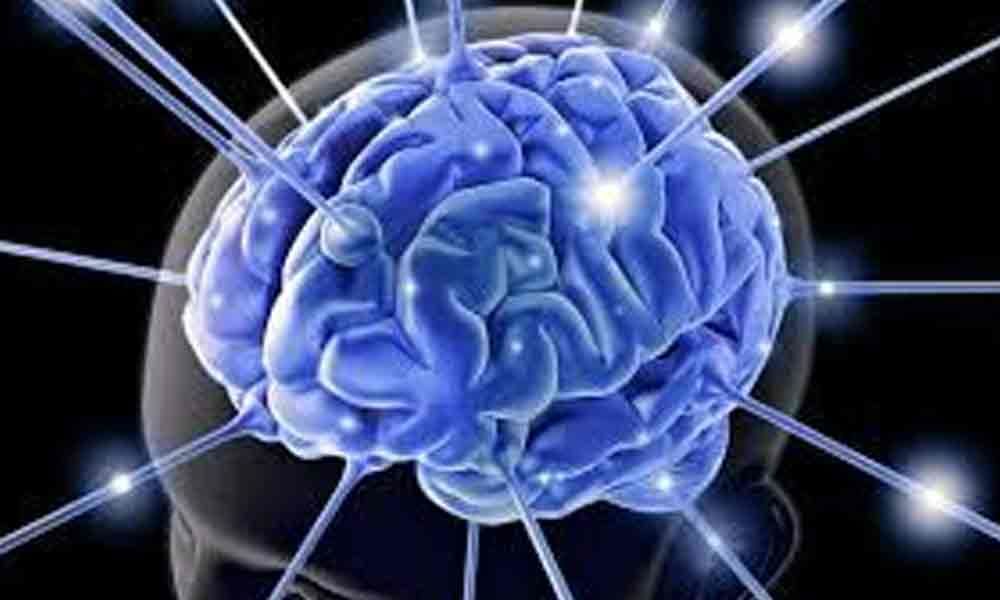Live
- Rythu Bharosa to pick best from PM -KISAN scheme
- Medak wears season’s festive look
- TG sets record in fine rice purchase
- Maintaining India’s growth momentum
- Study Reveals Teabags Release Billions of Microplastics and Nanoplastics, Entering Your Body
- Workplace Wonders: Creative Secret Santa Gifts for Colleagues
- Kumbh Mela 2025: Essential Guide to Comfortable and Respectful Attire for Maha Kumbh
- Hyderabad Real Estate Faces Setback: Property Sales Drop 7% Year-on-Year in 2024
- Gnani’s Gen AI Solutions Revolutionising BFSI
- Congress Party Celebrates Christmas in Gadwal District with Unity and Joy
Just In
Our brain likes new information as much as money


New information acts on the brain's reward system in the same way as money or food, according to a study that explains why people can't stop checking...
New information acts on the brain's reward system in the same way as money or food, according to a study that explains why people can't stop checking their phones, even when they are not expecting any important messages.
The research published in the journal Proceedings of the National Academy of Sciences demonstrates that the brain converts information into same common scale as it does for money. It also lays the groundwork for unravelling the neuroscience behind how we consume information and perhaps even digital addiction.
"To the brain, information is its own reward, above and beyond whether it's useful," said Ming Hsu, from University of California, Berkeley in the US. "We were able to demonstrate for the first time the existence of a common neural code for information and money, which opens the door to a number of exciting questions about how people consume, and sometimes over-consume, information," said Hsu.
"And just as our brains like empty calories from junk food, they can overvalue information that makes us feel good but may not be useful what some may call idle curiosity," Hsu said. To understand more about the neuroscience of curiosity, the researchers scanned the brains of people while they played a gambling game.
Each participant was presented with a series of lotteries and needed to decide how much they were willing to pay to find out more about the odds of winning. In some lotteries, the information was valuable or example, when what seemed like a longshot was revealed to be a sure thing. In other cases, the information wasn't worth much, such as when little was at stake.
For the most part, the study subjects made rational choices based on the economic value of the information (ie how much money it could help them win). However, that did not explain all their choices: People tended to over-value information in general, and particularly in higher-valued lotteries. It appeared that the higher stakes increased people's curiosity in the information, even when the information had no effect on their decisions.
The researchers determined that this behaviour could only be explained by a model that captured both economic and psychological motives for seeking information. People acquired information based not only on its actual benefit, but also on the anticipation of its benefit, whether or not it had use. Hsu said that is akin to wanting to know whether we received a great job offer, even if we have no intention of taking it.
"Anticipation serves to amplify how good or bad something seems, and the anticipation of a more pleasurable reward makes the information appear even more valuable," he said. Analysing the fMRI scans, the researchers found that the information about the games' odds activated the regions of the brain specifically known to be involved in valuation which are the same dopamine-producing reward areas of the brain activated by food, money, and many drugs.

© 2024 Hyderabad Media House Limited/The Hans India. All rights reserved. Powered by hocalwire.com






